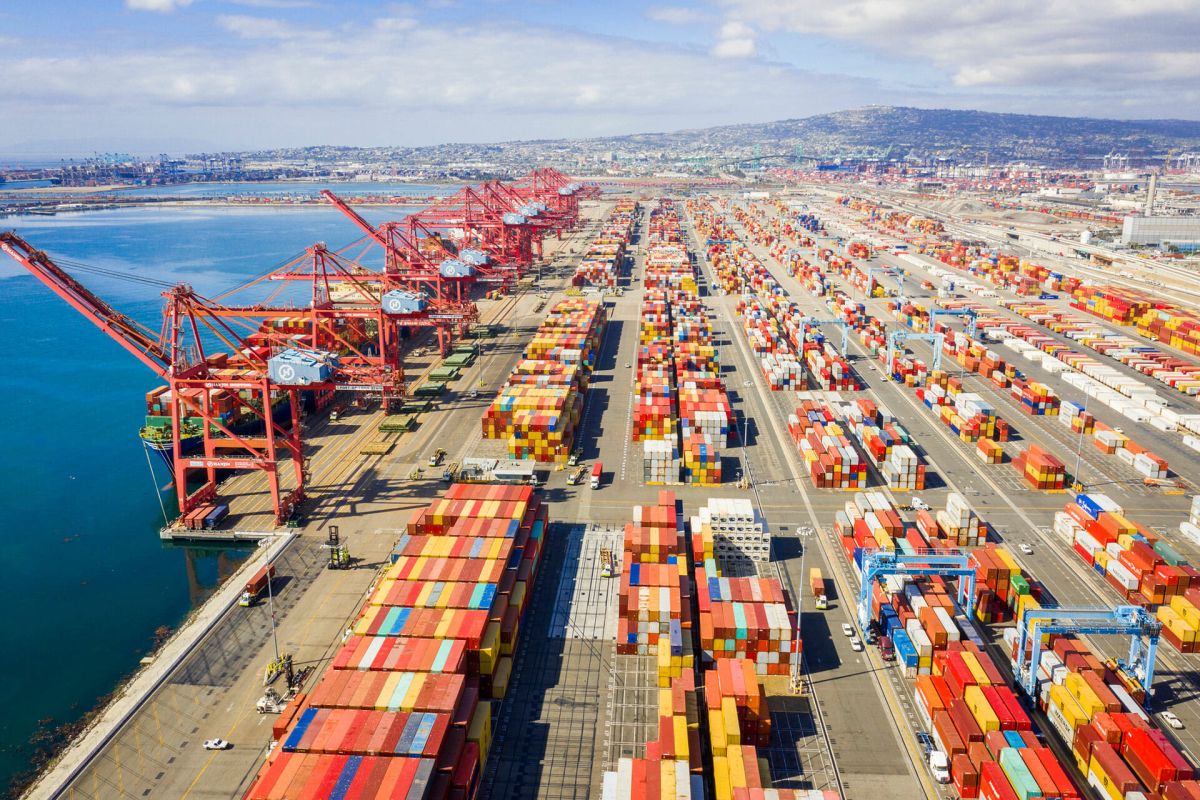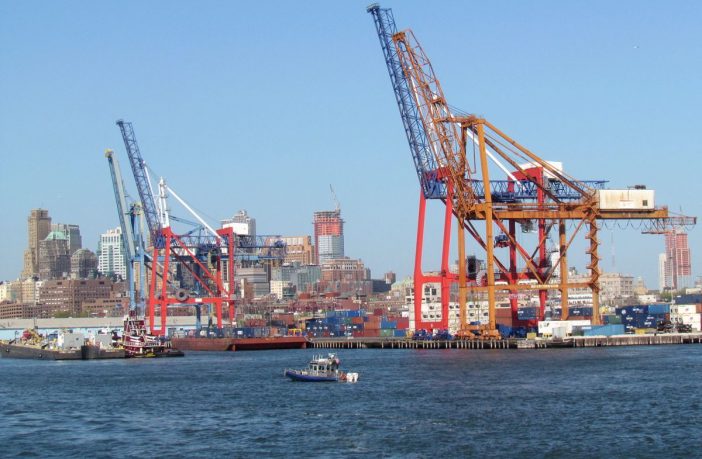Rules of goods export: new conditions of delivery to Russia
The U.S. has changed the rules for exporting goods, the main innovations are related to deliveries to Russia, Venezuela and China. The other day, the Ministry of Commerce revised the terms of goods sales to individual countries that are on the sanctions list. Now the dispatch procedure will be carried out with restrictions, which removes the exceptions that were previously in force for some U.S. suppliers.
Prior to the new rules, many U.S. exporters were allowed to sell goods to Russia without a license if they were sent exclusively to ordinary consumers. This list included a large enough number of products to facilitate trade between countries. Suppliers now needed to obtain a special license from the appropriate regulatory agency.
Products that require a license include semiconductors, radar devices and bearings. This also includes computers, systems for telecommunications, instruments for the production of aircraft engines and others.
This licensing procedure will take some time, which in some situations is a decisive factor for cooperation. In addition, the Ministry of Trade has the right to refuse a document if there are doubts as to who is the end user of the exported products.
The U.S. government explains its decision by the fact that Russia and a number of countries with similar policies, such as China, can often unite the civilian industry with the military, which means it is difficult to say clearly for which area the exported products will be used. To reduce the risk of such cases, the White House decided to introduce an additional procedure.
In addition, the States are introducing another restriction, which also applies to Russia, China and Venezuela. Changes have been made to the very definition of military use of goods. This status will now apply to any legal entity or individual whose functional responsibilities include various actions that support the use of these products for military purposes.

Earlier, the White House revised the terms of export to Hong Kong as well, abolishing the supply of goods that belong to the category of military, as well as technologies that are considered dual-use. The government explained its actions by the fact that if China considers Hong Kong its territory, it would be right for it to introduce the same conditions of American supplies as they do for China.
Moreover, a few days before that the US had initiated a number of sanctions measures against China. The reason for the tightening was Beijing’s actions in relation to Hong Kong. The restrictions concern Chinese officials suspected of illegal actions against the preservation of Hong Kong’s autonomy.
The U.S. government states that in the event of an aggravation of the situation, the restrictions may be tightened for any country on the sanctions list.




